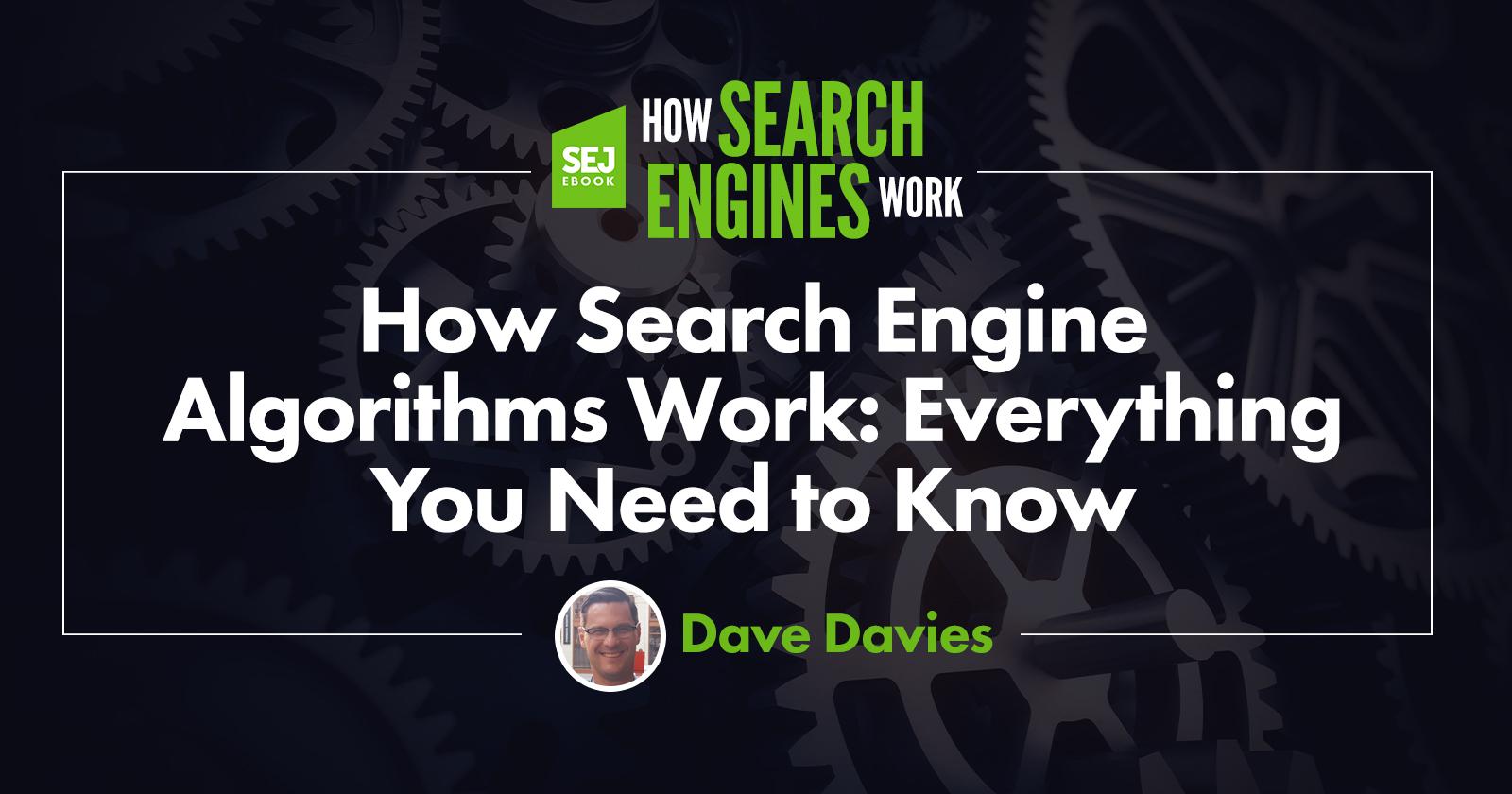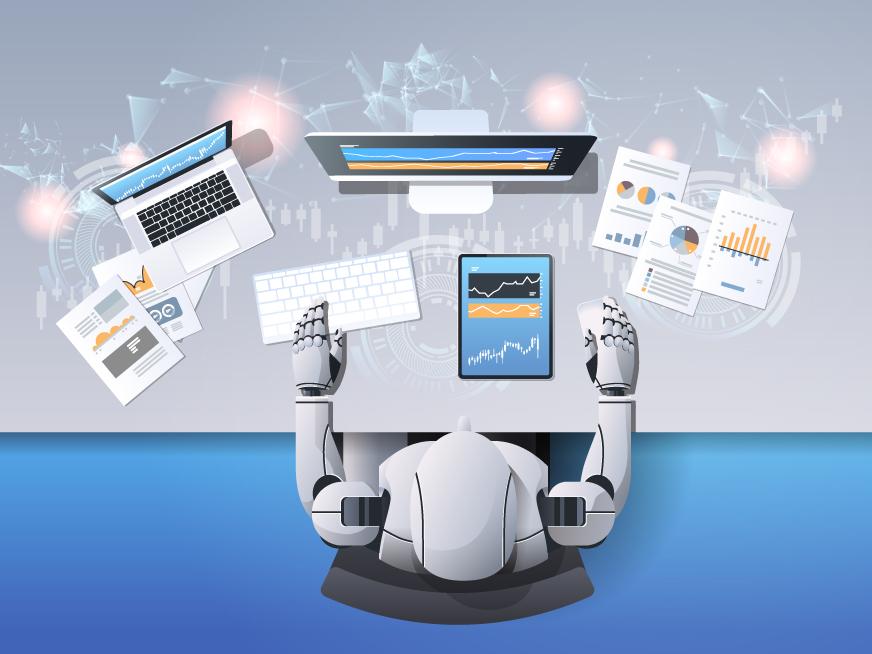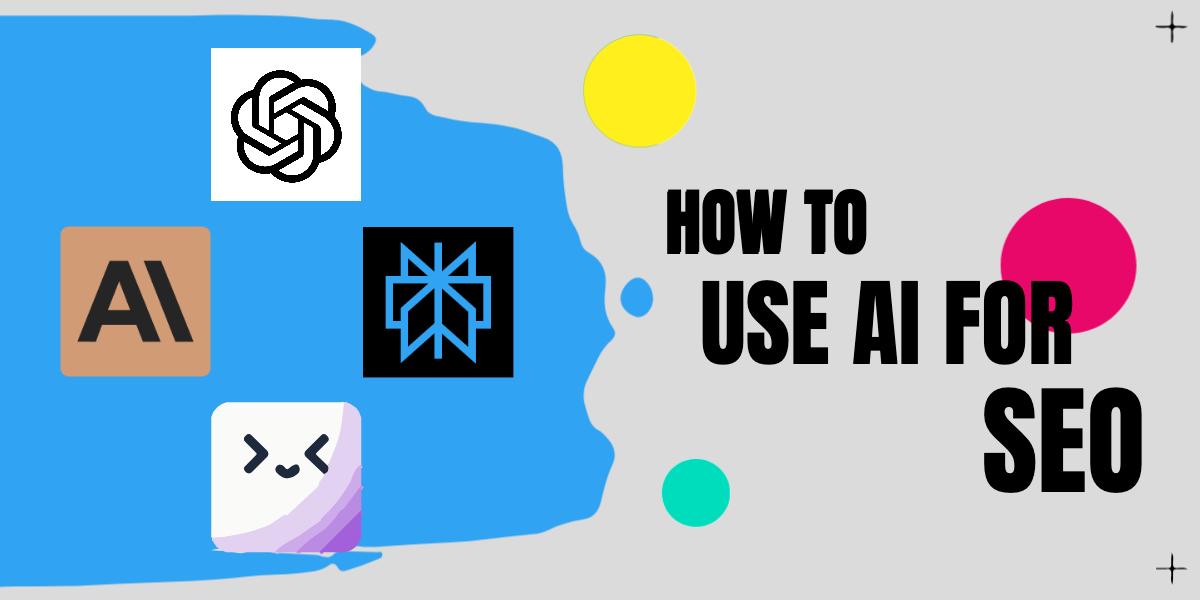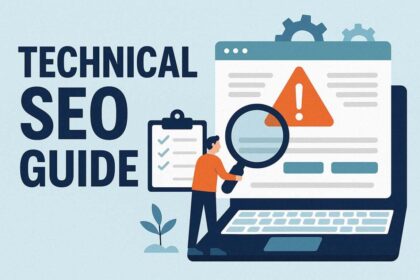In an era where technology is evolving at an unprecedented pace, the world of search engine optimization (SEO) finds itself on the brink of transformation, significantly influenced by the rise of artificial intelligence (AI). As algorithms become more sophisticated and user behavior evolves with access to instant information, the strategies that once defined SEO are undergoing a profound shift. This article delves into the intricacies of navigating the future of SEO, exploring how AI is reshaping the landscape and what it means for businesses striving to maintain their competitive edge. From understanding the nuances of AI-driven search algorithms to implementing effective optimization techniques, we’ll explore the symbiotic relationship between SEO and AI, equipping you with the insights needed to thrive in this dynamic digital environment. Join us as we chart a course through the evolving terrain of SEO, where innovation meets strategy, and the possibilities are as limitless as the technology itself.
Understanding the Paradigm Shift in Search Engine Algorithms
The landscape of search engine algorithms has undergone a significant transformation, shifting from keyword-centric models to more complex frameworks that value user intent and context. Natural language processing (NLP) and machine learning (ML) have reshaped how search engines interpret inquiries, emphasizing the importance of semantic understanding. This paradigm shift has led to the implementation of sophisticated algorithms like Google’s BERT and MUM, which analyze queries to deliver results that align closely with what users are truly seeking. As a result, traditional SEO tactics focused solely on keywords are gradually becoming obsolete, giving way to strategies that prioritize the quality and relevance of content.
Furthermore, the rise of AI-driven technologies has led to the personalization of search results, ensuring that users receive tailored experiences based on their previous interactions and preferences. In this new age, key factors influencing search rankings now include:
- Contextual relevance
- User engagement metrics
- Content authority and trustworthiness
To illustrate this transition, consider the following table showcasing the evolving focus of search algorithms over the years:
| Year | Focus Shift |
|---|---|
| 2010 | Keyword Density |
| 2015 | User Experience |
| 2020 | Semantic Search & AI Integration |

Embracing AI Tools for Enhanced Keyword Research and Content Creation
In today’s digital landscape, leveraging AI tools has become essential for effective keyword research and content creation. These advanced technologies can help marketers uncover latent opportunities by analyzing vast amounts of data within seconds. By employing machine learning algorithms, AI identifies trending keywords and suggests long-tail variations that resonate with target audiences. This not only enhances the precision of your keyword strategy but also streamlines the content ideation process, ensuring that your articles are in tune with the ever-evolving preferences of readers. Some of the key benefits include:
- Automated Insights: AI can provide insights that humans might overlook, ensuring a more comprehensive keyword analysis.
- Content Gap Identification: Helps in identifying gaps in existing content, allowing creators to address unmet audience needs.
- Competitive Analysis: Analyzes competitors’ keywords, revealing strategies to outperform them.
Moreover, AI-driven tools not only assist in generating keyword lists but also in optimizing content for better engagement. These platforms can suggest relevant topics and headlines based on current trends, making it easier to captivate your audience from the start. With features that analyze readability, tone, and structure, content can be tailored to fit both user intent and search engine algorithms. Consider the following tools that epitomize this innovation:
| Tool | Feature |
|---|---|
| SEMrush | Comprehensive keyword tracking and competitive analysis. |
| Ahrefs | Robust backlinks analysis and keyword suggestions. |
| ContentBot | AI-driven content generation and optimization. |

Building Authority Through AI-Driven User Engagement Strategies
In an era where user expectations are ever-evolving, leveraging AI-driven strategies can significantly enhance user engagement and establish authority within your niche. Implementing personalized content recommendations, such as suggested articles or products based on user behavior, can transform the browsing experience. This not only keeps users engaged but also encourages longer site visits, which in turn signals to search engines that your content is relevant and valuable. Additionally, utilizing AI chatbots for real-time interactions ensures prompt responses to user inquiries, fostering a sense of reliability and engagement that builds authority.
Moreover, analyzing user data through AI tools can provide insights into content performance and audience preferences. By focusing on predictive analytics, you can anticipate user needs and tailor content accordingly. Key strategies may include:
- Dynamic content adjustment based on real-time user analytics
- Enhanced user feedback loops through AI monitoring tools
- A/B testing for optimizing user engagement
These strategies not only elevate the user experience but also position your brand as a knowledgeable resource within your industry. By continuously adapting your SEO strategies through AI insights, you can maintain a competitive edge while cultivating a loyal user base.

Ethical Considerations in AI and SEO: Striking the Right Balance
The intersection of artificial intelligence and search engine optimization raises significant ethical questions that demand careful consideration. As AI algorithms increasingly dictate how content is ranked, an essential part of the dialogue must include the implications of these technologies on truth, privacy, and user experience. Key issues to contemplate include:
- Transparency: Are these AI systems clear in how they function, and do they allow users to understand the process behind their results?
- Bias: How do existing biases in training data potentially skew search results and what measures can be taken to address these disparities?
- Content Authenticity: How do we ensure that AI-generated content maintains integrity and does not mislead users?
Moreover, businesses leveraging AI tools for SEO must navigate the fine line between optimization and manipulation. The temptation to use AI to exploit search algorithms can lead to practices that not only compromise ethical standards but also diminish trust in the digital landscape. To foster a more responsible approach, organizations should consider implementing frameworks that promote ethical AI use while also encouraging:
- Quality Content Creation: Prioritizing well-researched, human-centered content instead of focusing solely on SEO tricks.
- User-Centric Design: Ensuring that the user experience is enhanced rather than obstructed by over-optimization.
- Continuous Learning: Staying informed about the evolving nature of AI and its implications for SEO practices.
To Wrap It Up
As we stand on the brink of a new digital era, the intersection of SEO and artificial intelligence presents both challenges and opportunities. The algorithms that power search engines are becoming increasingly sophisticated, adapting to a landscape where user intent and content relevance reign supreme. For marketers and businesses, this shift requires not just a response but a proactive embrace of technology to enhance visibility and engagement.
As we navigate this evolving terrain, the key lies in understanding the symbiotic relationship between AI and human creativity. By leveraging advanced tools and insights, we can craft content that resonates deeply with our audiences while remaining discoverable in a crowded online marketplace. The future of SEO is not about competing against algorithms; it’s about collaborating with them.
In this digital odyssey, it is essential to stay informed, remain adaptable, and prioritize quality over quantity. The path ahead may be fraught with uncertainty, but those who are willing to innovate and evolve will find themselves not only surviving but thriving. Embrace the change, harness the power of AI, and let your digital presence shine in this brave new world of search. The future is bright; all we have to do is guide our way through it.



